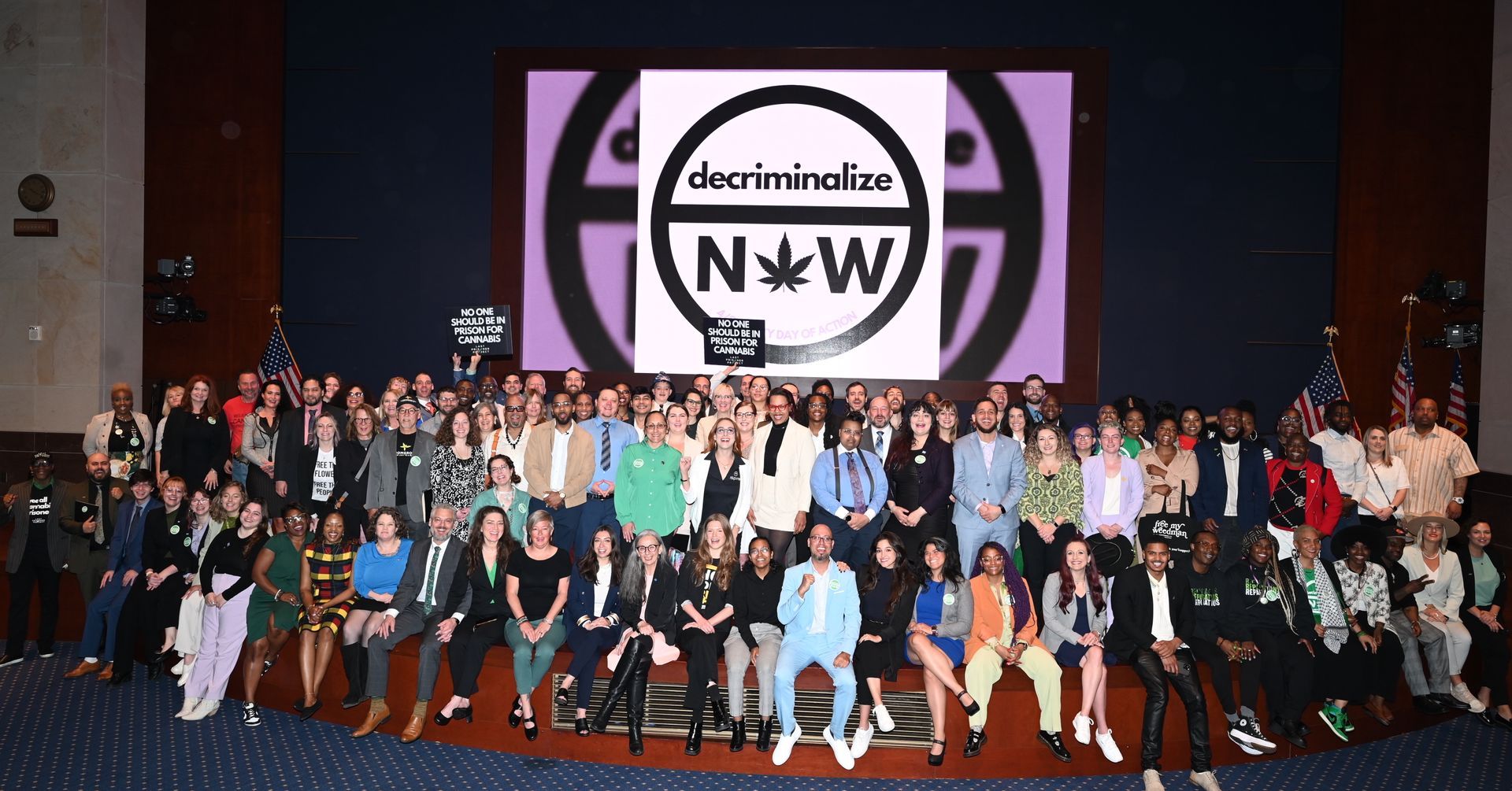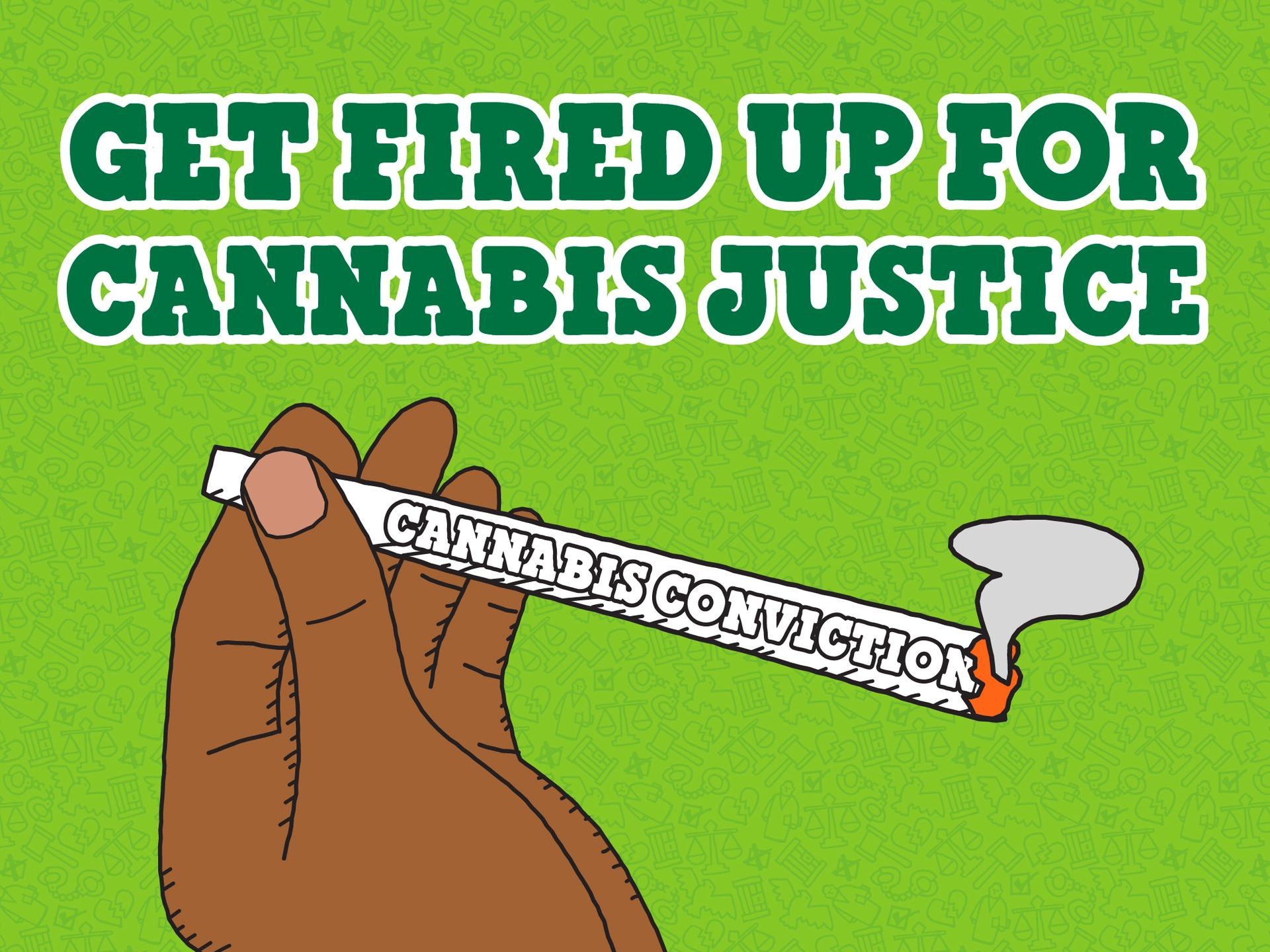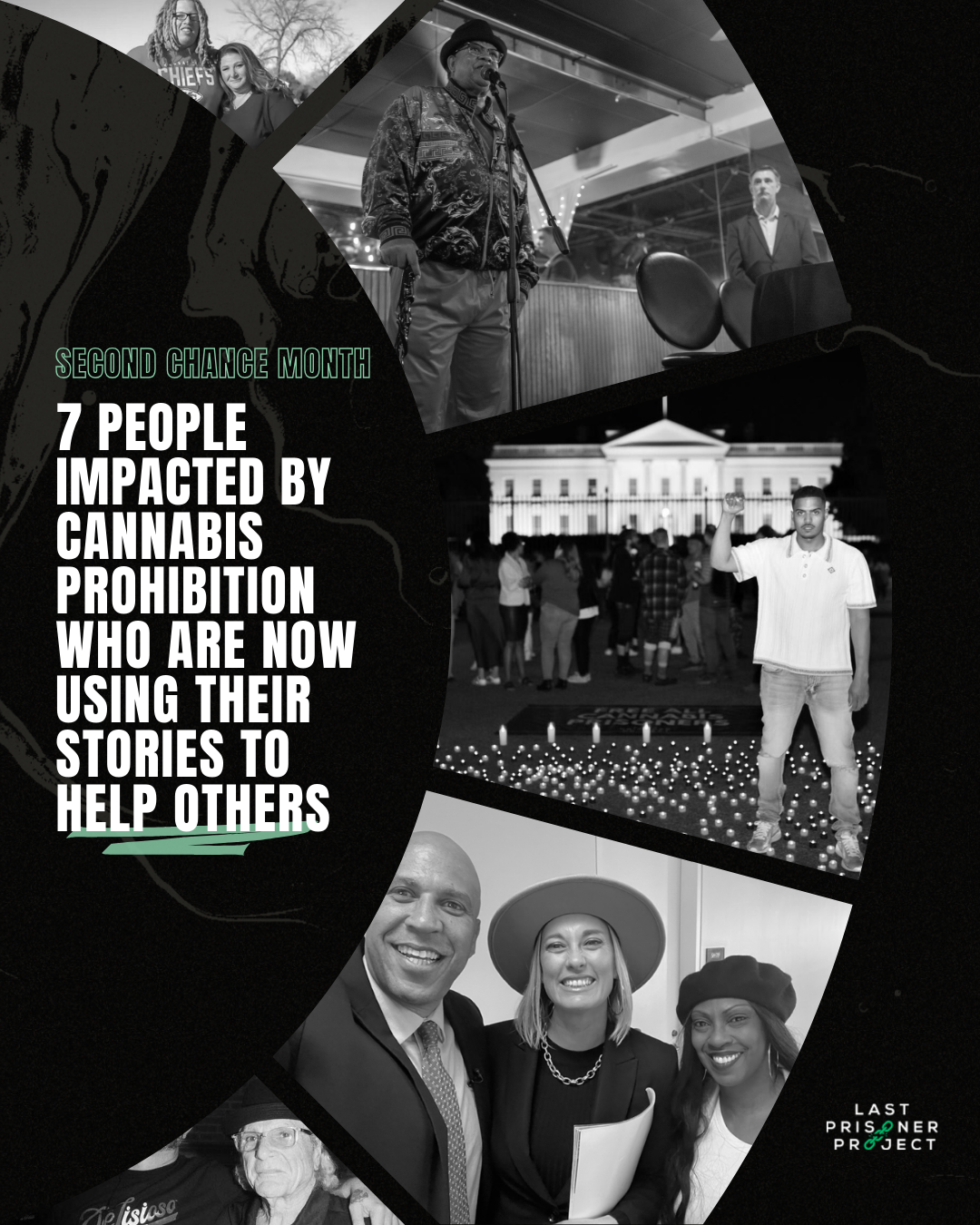President Biden Grants Cannabis Clemency to LPP Constituents Thomas Anderson, Rory Meeks, Danny Harmon, Matthew Nicka, and Flavio Tamez
Last Prisoner Project provided direct legal representation, financial assistance, and advocacy to support the clemency of these five individuals.
President Biden today
granted the most federal clemency grants in one day comprising nearly
1,500 commutations for individuals serving their sentences under home confinement and 39 individuals pardoned for nonviolent drug offenses. Included in that list were Last Prisoner Project constituents Thomas Anderson, Rory Meeks, Danny Harmon, Matthew Nicka, and Flavio Tamez.
Matthew Nicka was sentenced to over 15 years in prison for a non-violent cannabis offense. On March 21, 2023, Matthew was one of the carefully selected individuals that the Bureau of Prisons (BOP) transferred to home confinement pursuant to the CARES Act. He was reunited with his devoted mother at her home in Florida and has maintained consistent full-time employment ever since. He has been on home confinement for over 20 months, and this clemency grant will allow him to be fully free.
At 38 years old,
Thomas Anderson served nine years of his 15-year cannabis sentence. He was found guilty after a jury trial of conspiracy to distribute marijuana and money laundering. On
March 20, 2023, Tommy was transferred to home confinement pursuant to the CARES Act and was released to live with his parents in St. Louis, who have supported him unconditionally and he is currently employed full-time.
Danny Harmon, now 69 years old, was sentenced to 30 years in prison and ten years of supervised release for a non-violent cannabis offense. He has now served over 12 years of his sentence and has accepted full responsibility for his actions. He is a devoted family man who has spent his life caring for loved ones, including his late father, his aging uncle, and his grandchildren. Despite the challenges of home confinement, Danny remains steadfast in maintaining strong relationships with his family and this unwavering commitment illustrates how deserving he is of this clemency grant.
At 59 Years old,
Flavio Tamez, has undergone an exceptional transformation during his nearly 12 years of incarceration. Anchored by a close-knit family, including his ex-wife, sister, sons, and grandson he has worked diligently to better himself, earning his GED, completing over 40 educational certificates, and undergoing extensive drug rehabilitation. Despite significant progress, his current home-confinement restrictions limit his ability to fully participate in the community, underscoring the impact this clemency will have.
Similarly,
Rory Meeks, now 67 years old, received a 20-year sentence for his non-violent cannabis offense. After being transferred home under the CARES Act, Rory has been in home confinement for over 22 months. He was reunited with his loving family and has been living in rural Iowa with his son, daughter-in-law, and two grandchildren, who are five and one years old.
We are grateful for President Biden granting clemency to these constituents and look forward to continuing to support Rory, Tommy, Danny, Flavio, and Matthew in this new step on their reentry journeys.
In its official statement, the White House also noted that: "The President’s categorical approach to clemency has also inspired leaders across the country to take similar action. Over ten states and localities, including Maryland and Massachusetts, have issued categorical clemency for marijuana convictions, impacting hundreds of thousands of people and allowing individuals to move past their convictions and move on with their daily lives."
Biden alluded to the work LPP did earlier this year with Maryland Governor Moore to craft and sign the
largest single-day pardon proclamation in US history with the pen to right history. Through our advocacy, we have sent over
10,000 letters to governors across the US to take similar action.
The statement also made clear that more clemency was to come in the waning days of the Biden administration, and the President "will continue to review clemency petitions and deliver criminal justice reform in a manner that advances equity and justice, promotes public safety, supports rehabilitation and reentry, and provides meaningful second chances."
LPP Executive Director, Sarah Gersten said: "We are heartened to see the President using his clemency power more robustly and are thrilled to see five of our clients receive commutations. We remain eager to see more grants before Biden leaves office for our clients who remain incarcerated. It's clear from the White House's statement that the administration sees nonviolent drug offenders, and particularly those impacted by unjust cannabis offenses, as a critical category of clemency recipients deserving relief."
In addition to these cases, LPP has
submitted several clemency petitions for those still in prison for unjust cannabis offenses who are currently serving their sentence in federal prison. We have continued to advocate for these cases over the lame-duck period by joining over 50 House members to
send a letter calling on President Biden to grant clemency and in supporting a
Senate letter calling for reduced sentences.
With
less than 40 days in his term, we look forward to seeing more clemency grants from President Biden.






